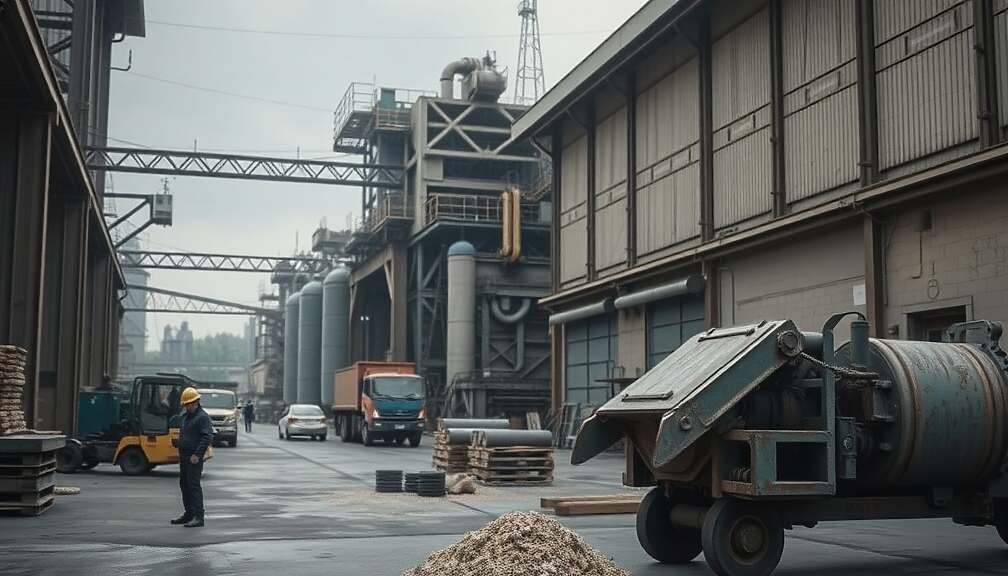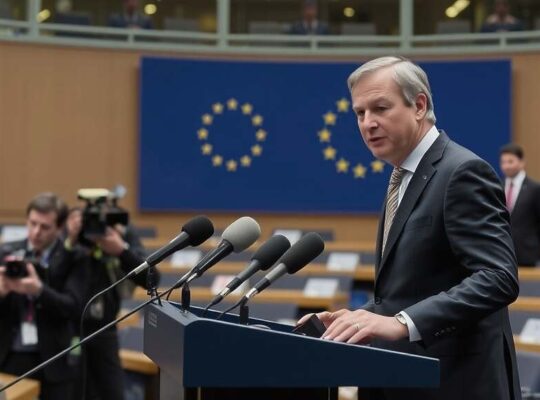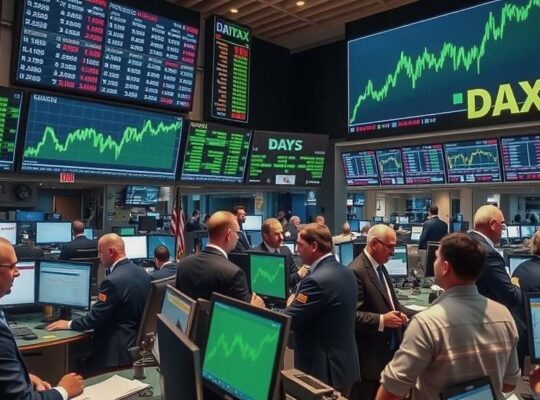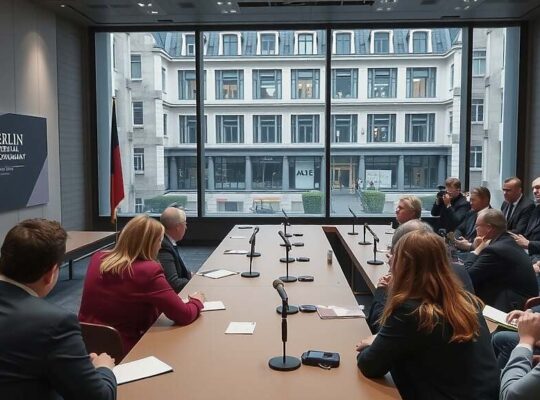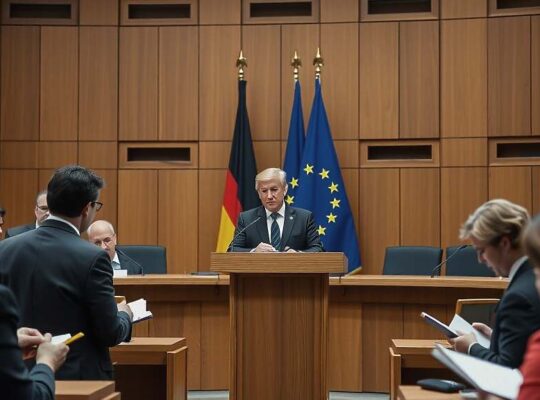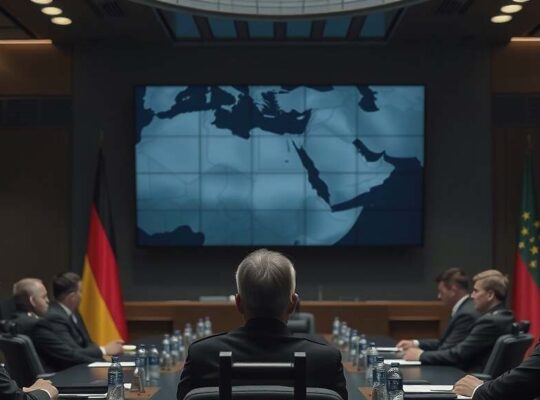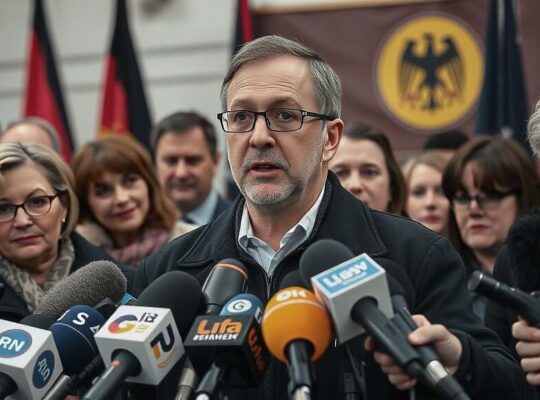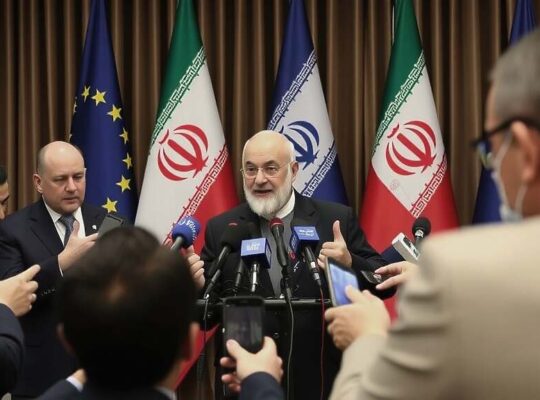Pressure is mounting on the German government to endorse proposed EU tariffs on Chinese steel imports ahead of a critical summit convened at the Chancellery this Thursday. Several CDU members of the European Parliament are publicly urging Chancellor Scholz to unequivocally support the European Commission’s proposed trade measures, arguing that a firm stance is vital to address what they describe as unfair competition from China.
MEP Dennis Radtke voiced strong dissatisfaction with previous governmental approaches, criticizing the reliance on analysis and photo opportunities under the current coalition government. He emphasized the necessity of the German government’s full backing for the Commission’s steel-related trade package, highlighting that alternative strategies have proven inadequate.
The core of the debate revolves around the EU Commission’s recent proposal to significantly curtail the free-trade status of Chinese steel imports, suggesting a shift to a system where only 50% of current imports would remain duty-free, with a 50% tariff applying to volumes exceeding that threshold. This move is intended to level the playing field for European steel producers facing subsidized competition from China.
Alongside the tariff debate, MEP Christian Ehler is advocating for revisions to the European Commission’s “Action Plan for a competitive and decarbonized steel and metal industry in Europe”. Ehler insists the summit must deliver tangible benefits for the German steel sector, requiring both immediate interventions to ensure survival and a long-term strategy to secure the future of European steel production. He specifically called for the government to commit to financially supporting an industrial electricity price, coupled with an acknowledgement of what he characterized as the failings of previous energy policies. This demand suggests an implicit recognition of the cost burdens shouldered by energy-intensive industries under prior regulatory frameworks.
The upcoming summit represents a pivotal moment for the German government, forcing a public declaration of its commitment to safeguarding European steel industries while navigating the complex geopolitical implications of imposing tariffs on a major economic power like China. Failure to adopt a firm position could be interpreted as a tacit acceptance of continued unfair competition and further jeopardize the viability of a strategically important European industry.


